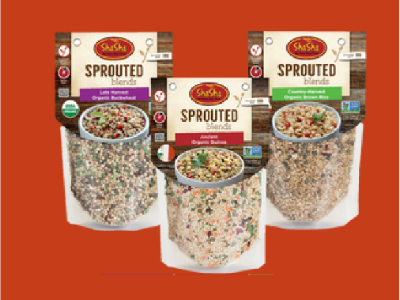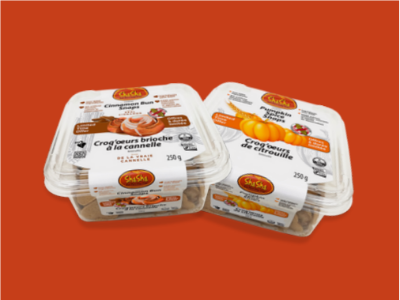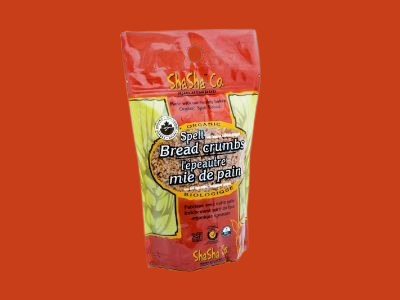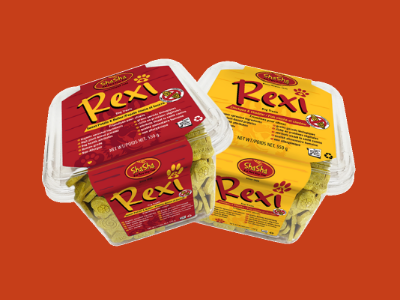When it comes to bread, one of the oldest and most fundamental food staples, modern health-conscious consumers face an array of options. Choosing the “best” bread can often feel overwhelming, with choices ranging from gluten-free loaves to whole-grain and seeded variations. However, one particular type of bread that deserves your attention is sourdough bread, made with sprouted wheat and other grains. This artisanal bread boasts a unique, full flavour and offers various health benefits that stand head and shoulders above the rest.
The Complexity of Human Digestion and Wheat Consumption
Humans are gifted with a complex gastrointestinal system that secretes various enzymes designed to break down complex molecules found in food, including wheat. Amylase breaks down carbohydrates, and protease works on proteins, converting them into simpler forms for the body to absorb. Yet, the absorption of nutrients is more complex than it may initially appear. Some people struggle with gluten sensitivities or celiac disease, limiting their ability to digest wheat fully. Additionally, wheat contains compounds like phytates that can reduce the bioavailability of essential minerals such as calcium, magnesium, and iron.
Sprouting Wheat: Unleashing Nutritional Potential
One effective way to make wheat more digestible and nutrient-rich is through sprouting and sourdough baking techniques. Sprouting reduces the levels of anti-nutrients like phytates, which can inhibit mineral absorption. The enzymatic activities initiated by the sprouting process break down phytates, making essential minerals more bioavailable. Moreover, sprouting elevates the levels of specific vitamins such as Vitamin C and B vitamins, enhancing the nutrient density of the grain.
The Magic of Sourdough Fermentation
Pairing sprouted wheat with the sourdough fermentation process takes the nutritional benefits to another level. Sourdough fermentation involves natural yeast and beneficial bacteria that contribute to the breakdown of gluten, making the bread easier to digest. In a symbiotic dance, the microbes present in sourdough also produce organic acids that further reduce the phytate content, making it an ideal preparation method for those concerned about mineral absorption.
Optimal Nutrient Absorption: Sourdough Bread with Sprouted Wheat
When you combine the benefits of sprouted wheat with the fermentation magic of sourdough, you get bread that is not just delicious but also highly nutritious. This dynamic duo offers:
- Enhanced Mineral Absorption: Reduced phytate levels mean higher bioavailability of essential minerals.
- Increased Vitamins: Elevated levels of B vitamins and Vitamin C.
- Improved Protein Quality: Sprouting enhances the amino acid profile of wheat.
- Better Digestibility: The microbial activity during sourdough fermentation makes the bread easier to digest.
- Complex Flavors: Sourdough’s natural tang and the nutty flavour of sprouted grains make for a delicious loaf.
Conclusion
In a world with numerous bread choices, choosing sourdough made with sprouted wheat or other grains can be both delicious and nutritious. It stands as a testament to traditional food preparation techniques that enhance flavour and provide myriad health benefits. Indeed, this is the bread for those who seek to nourish themselves in the best way possible.













